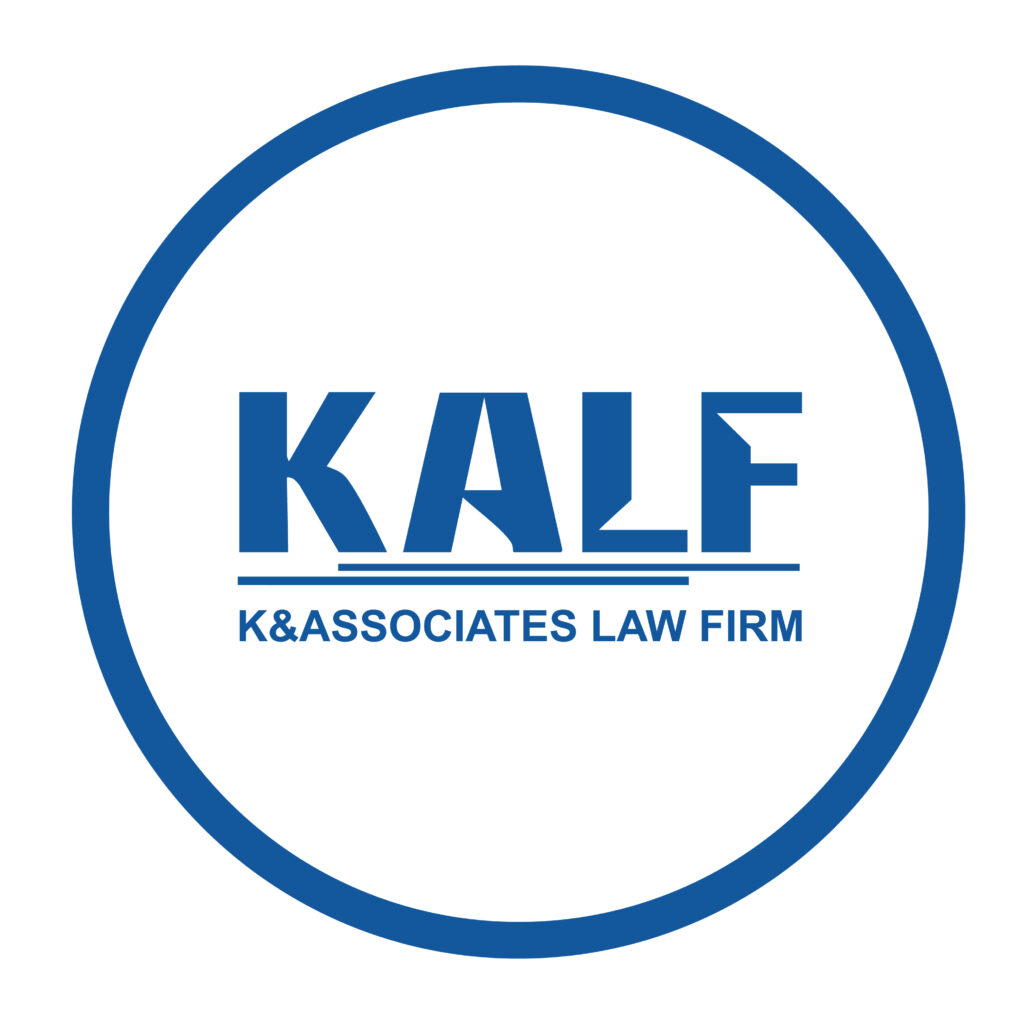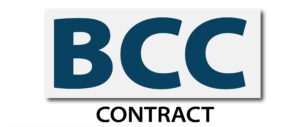Blog
11/11/2024
PROCEDURES FOR LICENSING AQUACULTURE AT SEA FOR FOREIGN INVESTORS
Aquaculture licenses Aquaculture is the process of caring for and developing carefully selected seafood species,...
Xem thêm05/11/2024
INVESTMENT IN THE FORM OF BCC CONTRACT OF INVESTORS FOREIGN.
Concept Pursuant to Clause 14 Article 3 of the Law on Investment 2020, a business...
Xem thêm05/11/2024
TRANSFER PROFITS FROM VIETNAM TO FOREIGN COUNTRIES
What is the profit transferred abroad? Pursuant to Article 2 of Circular 186/2010/TT-BTC, profits transferred...
Xem thêm01/11/2024
PUBLIC COMPANY BOND OFFERING
Bond offering dossier Pursuant to Clause 2 , Article 12 of Decree 153/2020/ND-CP, the dossier includes the following...
Xem thêm01/11/2024
PROCEDURES FOR ESTABLISHING A COMPANY WITH FOREIGNERS CONTRIBUTING CAPITAL
What is the establishment of a company with foreigners contributing capital? Incorporation of a foreigner-contributed...
Xem thêm28/10/2024
SUPERVISORY BOARD
Meeting of the Supervisory Board Pursuant to the provisions of Article 289 of Decree 155/2020/ND-CP:...
Xem thêm25/10/2024
STOCK ISSUANCE
Psings shares to swap shares for shareholders in a public company Pursuant to Article 51 of...
Xem thêm23/10/2024
PUBLIC TENDER OFFER OF SHARES
Principles of public tender offer Pursuant to Article 82 of Decree 155/2020/ND-CP stipulating the principles of public...
Xem thêm22/10/2024
The 10th Anniversary Celebration of VAWE’s establishment
On October 18th, at the My Dinh National Convention Center in Hanoi, VAWE held the...
Xem thêm21/10/2024
TEMPORARY RESIDENCE CARD FOR FOREIGNERS
1. What is a temporary residence card for foreigners? According to Clause 13 Article 3...
Xem thêm19/10/2024
INTERNATIONAL MARKETS
1. The process of offering bonds to the international market of public companies Pursuant to Clause...
Xem thêm15/10/2024
COMPARISON OF DIRECT INVESTMENT AND INDIRECT INVESTMENT
The concept of direct investment (FDI) FDI direct investment is the process by which an organization...
Xem thêm















